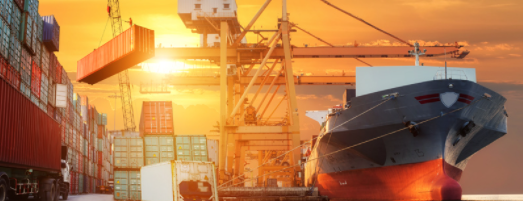Inspections prior to shipping are mandatory in the eyes of the governments of various nations that import goods (PSI). Pre-shipment inspection, according to the government, checks for evasion of customs charges, ensures that exporters’ fees accurately represent the worth of the items, and keeps out commodities that don’t meet the country’s standards. This article tells you the rules and issues of pre shipment inspection.

Pre-shipment inspection is mandatory or highly recommended for the following nations and regions:
the Republic of the Congo (Brazzaville), the Democratic Republic of the Congo (Kinshasa), Côte d’Ivoire, Ecuador, Ethiopia, Guinea, India, Indonesia, Iran, Kenya, Kuwait, Liberia, Madagascar, Malawi, Mali, Mauritania, Mexico, Mozambique, Niger, Senegal, Sierra Leone and Leon, Togo, and Uzbekistan.
Goods above a specific value threshold are subject to examination in the majority of the aforementioned nations and areas. However, there are circumstances in which all imported goods, no matter their value, must undergo inspection.
Pre-shipment inspection (PSI) rules are constantly evolving, and pre-shipment inspection contract audits are performed periodically.
Checklist for Pre-Shipment Inspection:
Pre-shipment inspection is often handled by the importer, although the exporter is responsible for conducting their own inspections before leaving the nation of origin.
General inspection procedures consist of the following steps:
-Having the import license or paperwork opened by the importer.
-To comply with the terms of the inspection contract of the importing country, the importer must:
notify the Inspection Service Department of the importing country of the goods to be shipped; and pay the inspection fee in advance or a certain percentage according to the value of the commercial invoice.
-The exporting country’s office of the inspection firm receives the inspection form.
-The exporter is contacted by the inspection firm to set up an inspection date, time, and location. Also required are complete shipment documentation and pricing details (invoices). The exporter must provide these papers without delay or face demurrage and other penalties.
-It’s time for an inspection.
-The shipment’s value, classification, and clearance from customs will all be confirmed in a “found cleaning report” provided there are no discrepancies discovered during the inspection and all final paperwork are received from the importer and exporter. Last invoices and bills of lading or flight tickets are often among the final papers needed to produce a “clear report of findings,” although this might vary from contract to contract.
-The items are sent to the nation doing the importing.
-For customs to release the imported goods, the importer needs the inspection report. If the items enter the importing nation without first passing inspection, they are normally required to be sent back to the country next door for review.
Pre-shipment inspection issues and how to fix them:
Any discrepancies in the pre-shipment inspection report’s conclusions will need discussion and compromise with the inspection firm. It is important to note that the WTO Agreement on pre shipment inspection provides clarity on the duties of exporters and inspection businesses if the product is to be shipped to WTO member nations. When offering pre-shipment inspection services to contracting nations, inspection firms must designate an appellate officer and follow the agreement’s criteria.